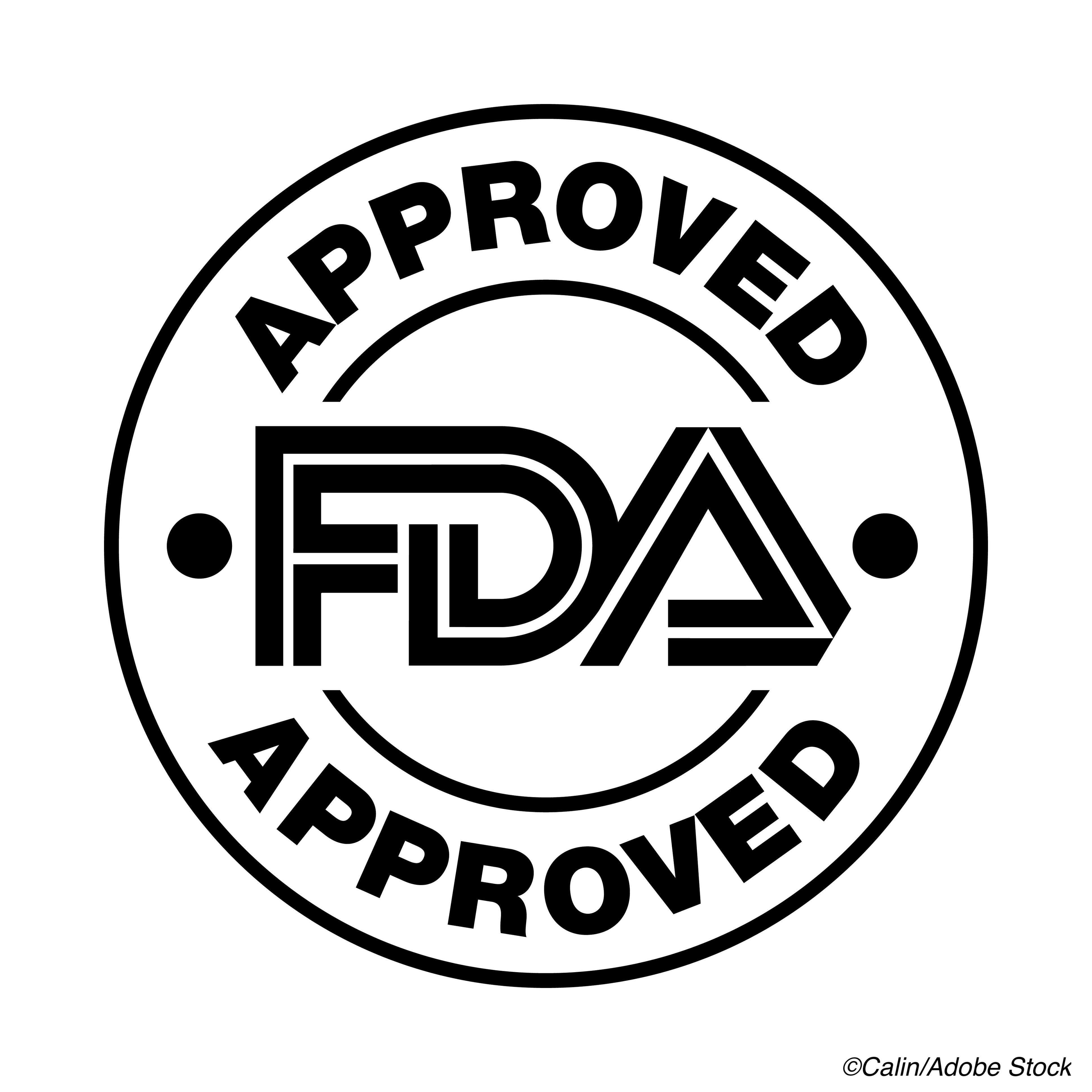
WASHINGTON—The FDA revised its emergency use authorization (EUA) for casirivimab and imdevimab, administered together (REGEN-COV) to allow emergency use as Covid-19 post-exposure prophylaxis in high risk adults and children age 12 or older.
The combination is not, however, authorized for pre-exposure prevention of Covid-19. It is also authorized for treatment of mild-t0-moderate Covid-19 in adults and children age 12 or older who at at high risk for progression to severe Covid-19.
REGEN-COV is not a substitute for vaccination against Covid-19, the FDA said, and should only be used in unvaccinated or not fully vaccinated individuals.
“The primary data supporting the EUA reissuance for post-exposure prophylaxis of Covid-19 are from a Phase III trial. The trial was a randomized, double-blind, placebo-controlled clinical trial studying a single dose of REGEN-COV for prevention of Covid-19 in household contacts of individuals infected with SARS-CoV-2. Cases were confirmed using real-time reverse transcription–polymerase chain reaction (RT-PCR), one of the most accurate laboratory methods for detecting, tracking, and studying Covid-19. An 81% reduction in confirmed symptomatic Covid-19 cases was observed with REGEN-COV compared to placebo at day 29 in cases who were RT-PCR negative and seronegative at baseline (the primary analysis population). In the overall trial population, there was a 62% reduction in RT-PCR confirmed symptomatic Covid-19 cases in the REGEN-COV group compared to placebo at day 29,” the FDA wrote.
Injection site reactions were the most common adverse effects, the FDA added.
“REGEN-COV consists of the monoclonal antibodies casirivimab and imdevimab, administered together,” the agency explained. “Monoclonal antibodies are laboratory-made proteins that mimic the immune system’s ability to fight off harmful pathogens, such as viruses like SARS-CoV-2. The authorized dose for REGEN-COV for both treatment and as post-exposure prophylaxis is 600 mg of casirivimab and 600 mg of imdevimab administered together. For treatment, intravenous infusion is strongly recommended; subcutaneous (under the skin) injection is authorized as an alternative route of administration when intravenous infusion is not feasible and would lead to delay in treatment… For individuals who remain at high risk of exposure to another individual with SARS-CoV-2 for longer than 4 weeks, and who are not expected to mount an adequate immune response to full SARS-CoV-2 vaccination, following an initial dose of 600 mg of casirivimab and 600 mg of imdevimab, repeat doses of 300 mg of casirivimab and 300 mg of imdevimab once every 4 weeks are appropriate for the duration of ongoing exposure.”
Peggy Peck, Editor-in-Chief, BreakingMED™
Cat ID: 125
Topic ID: 79,125,728,807,932,730,933,125,190,926,192,927,151,725,928,925,934


